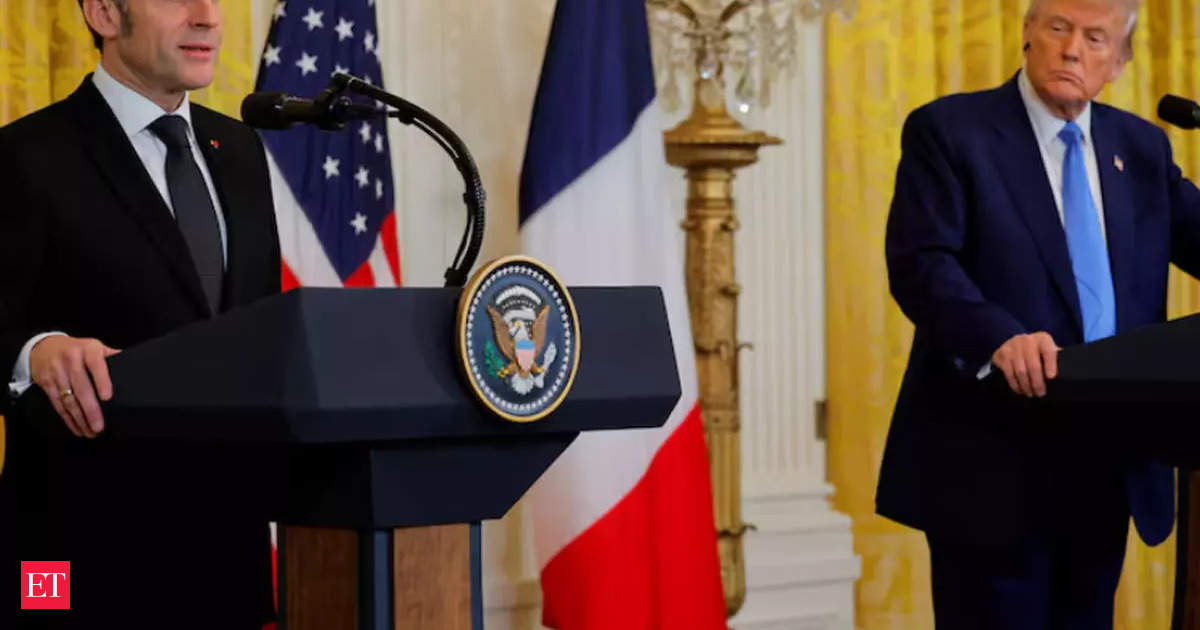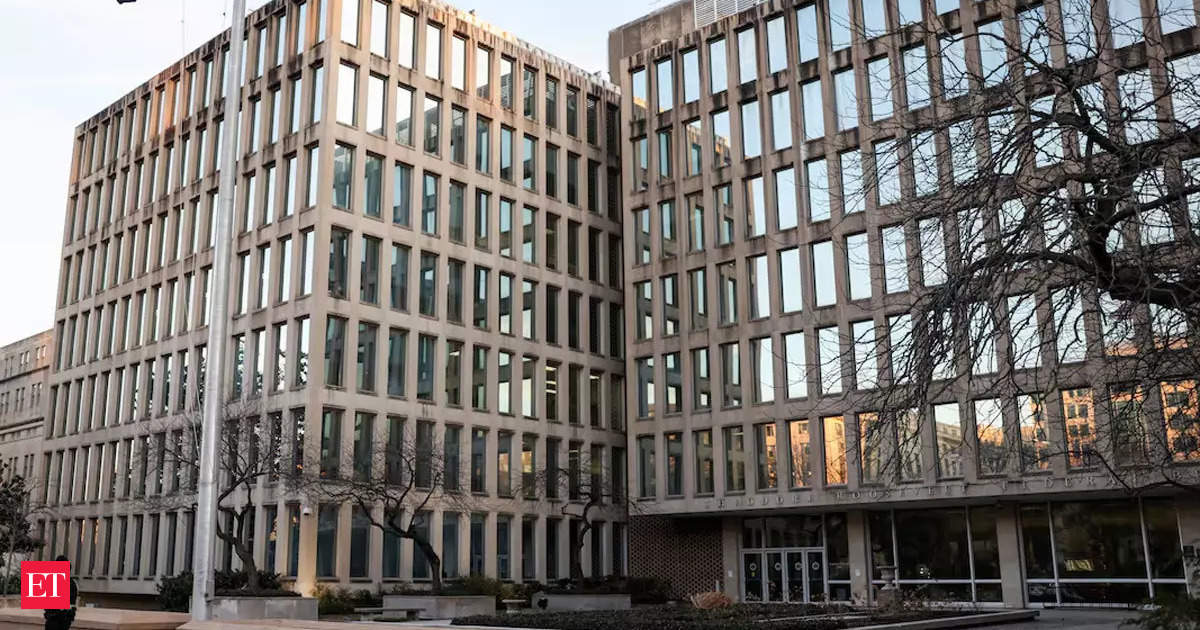The Free Movement Regime (FMR) along the India-Myanmar border is set to be discontinued as the Indian government aims to strengthen border security and curb the influx of illegal immigrants and insurgent activities. Currently, residents within 16 km of the border are allowed visa-free travel under the FMR, implemented in 2018 as part of India’s Act East policy. However, this system has been misused by insurgent groups to launch attacks in India and flee to Myanmar. To address these concerns, the government plans to implement fencing along the entire border and require visas for cross-border travel.
The FMR, introduced to promote people-to-people exchanges and boost connectivity between India and Myanmar, will be replaced with stricter measures to ensure border security. By ending the FMR, the government aims to deter insurgent groups from using this route to carry out attacks on Indian soil. It also seeks to put a halt to the influx of illegal immigrants and disrupt drug and gold smuggling networks.
Tendering for an advanced smart fencing system for 300 km of the India-Myanmar border is already in progress, with work scheduled to commence soon. This move will further enhance border security and control unauthorized crossings. The implementation of fencing along the entire border is expected to be completed within the next four-and-a-half years.
The decision to discontinue the FMR comes in response to the concerns raised by various state governments, including Manipur and Mizoram. Manipur Chief Minister N Biren Singh had urged the central government to end the FMR in September 2023, citing concerns that insurgent groups were exploiting this policy to further their activities. Manipur shares around 390 km of its border with Myanmar, of which only about 10 km has been fenced so far.
Similarly, Mizoram has faced challenges due to the influx of anti-Junta rebels since the military coup in Myanmar in February 2021. Thousands of refugees have sought shelter in Mizoram, which shares a 510-km-long porous border with Myanmar. The state governments of Manipur and Mizoram have emphasized the need for stricter border control measures to safeguard against security threats.
The government’s decision to end the FMR is also aimed at curbing illegal activities such as gold and drug smuggling, which have been facilitated through the porous border. The strict implementation of fencing and the requirement of visas for cross-border travel will help in identifying and deterring such illegal activities.
In conclusion, the Indian government’s plan to end the Free Movement Regime along the India-Myanmar border signifies its commitment to strengthening border security and controlling the influx of illegal migrants and insurgent activities. The replacement of the FMR with stricter measures, including fencing and visa requirements, aims to address the concerns of security threats, border control, and illegal activities. This decision reflects the government’s proactive approach in ensuring the safety and well-being of its citizens and maintaining the integrity of its borders.











